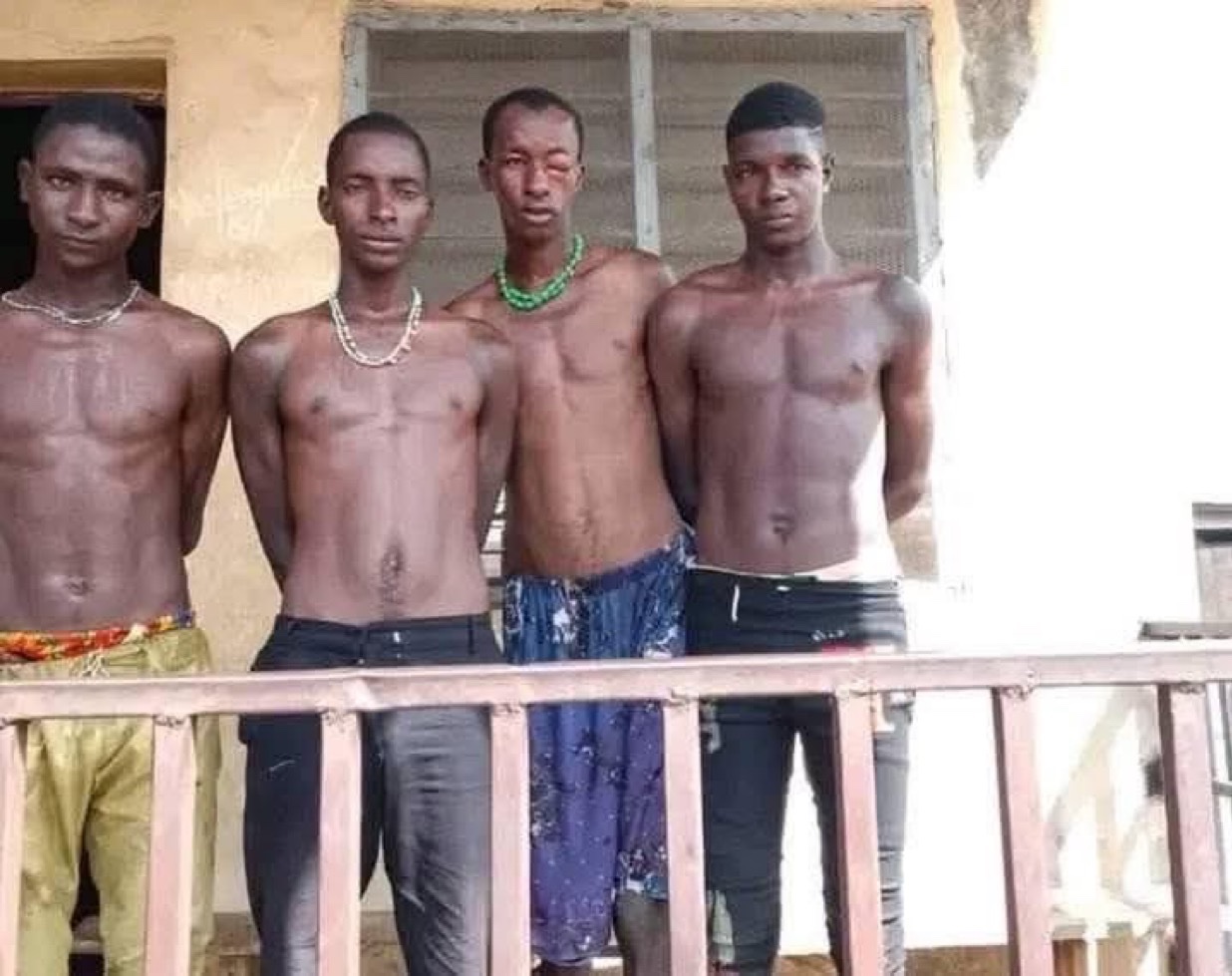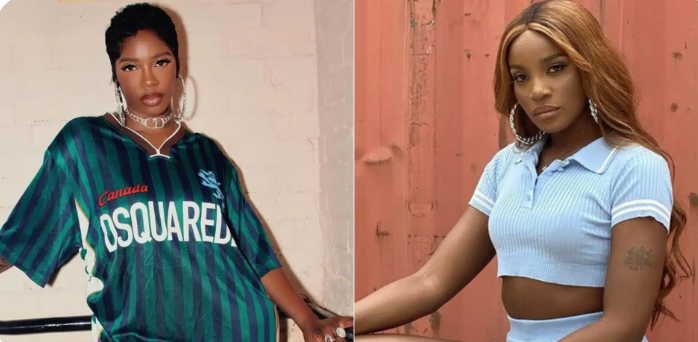
Viral Video of Nigerian Man’s Tearful Call with Father Over Sexuality Exposes Deep-Rooted Homophobia and Painful Family Divides

A four-minute video has stirred intense debate across Nigerian social media, capturing an emotional phone conversation between a young Nigerian man and his father after the father learned of his son’s gay identity through friends who discovered his social media posts. In the clip, the father tearfully urges his son to “change” and “remember where he came from,” while the son, equally distraught, pleads for acceptance and insists he cannot deny who he is.
The video, which quickly amassed dozens of shares and 67 likes, lays bare the profound tension between personal identity and cultural conformity in a society where homosexuality remains both criminalized and condemned. Under Nigeria’s Same-Sex Marriage Prohibition Act of 2014, same-sex relationships and public displays of affection are punishable by up to 14 years in prison — laws that continue to legitimize discrimination and silence many within the LGBTQ+ community.
The conversation’s raw authenticity — from the son’s trembling voice to the father’s anguished silence — has resonated deeply, even among those divided by belief. While many replies expressed sympathy for the father and reinforced traditional views labeling homosexuality as “un-African,” a smaller yet significant portion of commenters expressed empathy for the son’s pain, highlighting how rejection by loved ones often cuts deeper than societal scorn.
Human rights organizations have long documented the dangers faced by LGBTQ+ Nigerians. A 2023 ILGA World report confirmed that 69 countries globally still enforce anti-LGBTQ+ laws, with Nigeria ranked among the harshest environments for sexual minorities due to legal, religious, and social pressures. The country’s strong cultural emphasis on heteronormativity — reinforced by religious institutions and family expectations — often leaves queer individuals isolated, forced to choose between safety and selfhood.
Though small in scale, the post’s compassionate caption and restrained reactions suggest a slow, cautious shift in online discourse. A few users noted the father’s pain as “rooted in fear, not hatred,” while others urged Nigerians to confront how societal conditioning perpetuates trauma across generations.
In a nation where public empathy for LGBTQ+ people remains rare, this viral reenactment transcended mere storytelling — it became a mirror reflecting Nigeria’s unresolved struggle between love, faith, and freedom of identity.
Watch the video below
Man shares the phone call conversation that he had with his dad who told him to stop being G A Y after his friends started seeing his son’s G A Y posts all over social media. 💔 pic.twitter.com/xK4NDbncZf
— 𝐀𝐬𝐚𝐤𝐲𝐆𝐑𝐍 (@AsakyGRN) October 12, 2025


